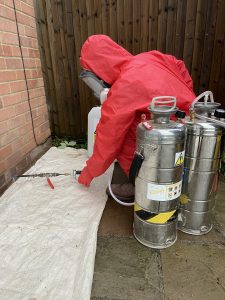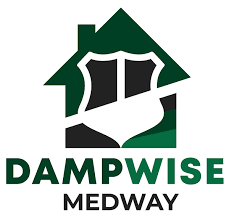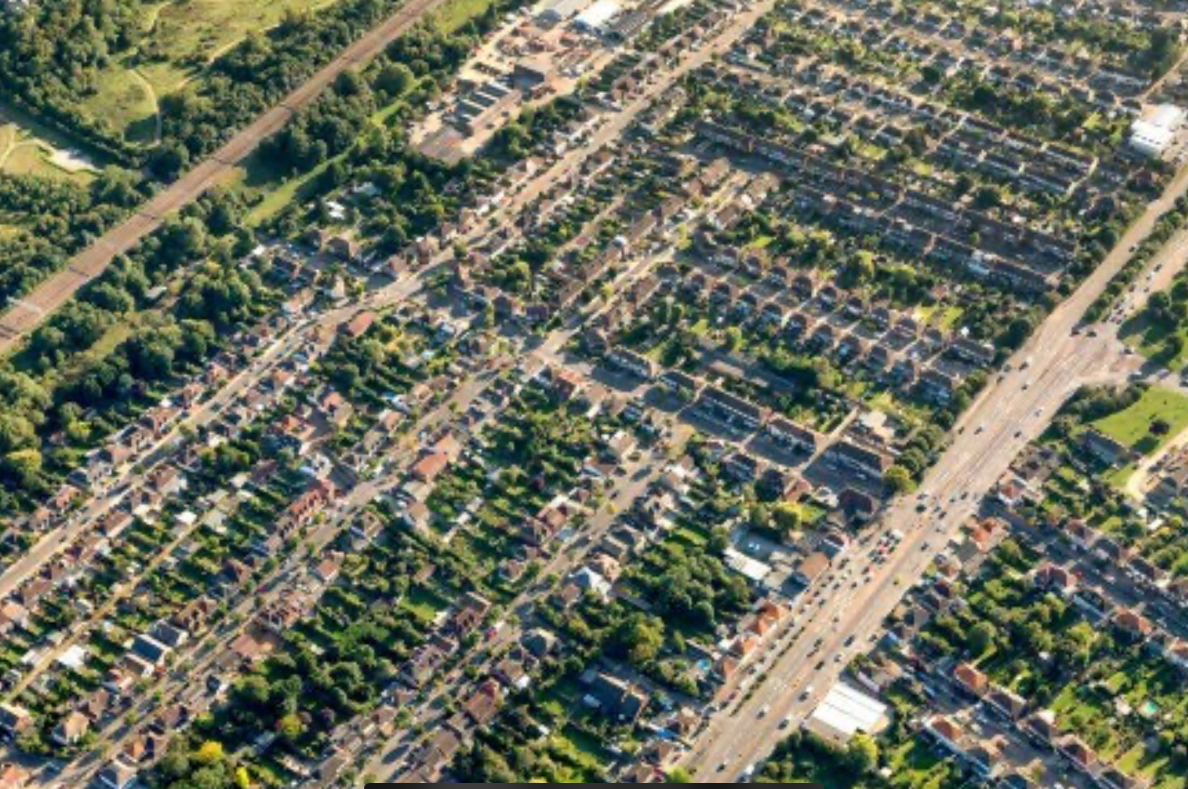Understanding the RMI Market
The Repair, Maintenance, and Improvement (RMI) market is a substantial segment of the UK’s building trade, accounting for approximately 20% of the industry’s activities. This market focuses on the upkeep, renovation, and enhancement of existing structures, ensuring they remain functional, safe, and aesthetically pleasing. Within this dynamic sector, the Timber & Damp Industry plays a crucial yet often understated role, particularly in safeguarding the structural integrity and longevity of buildings.
The Timber & Damp Industry: A Key Player
The Timber & Damp Industry encompasses a range of services and products aimed at addressing issues related to wood deterioration and moisture control. Key areas within this industry include:
Timber Treatment and Preservation: Wood is a fundamental building material, prized for its versatility and aesthetic appeal. However, it is vulnerable to decay, insect infestation, and rot. The timber treatment sector provides essential services to protect and prolong the life of wooden structures through various preservation techniques and treatments.


Damp Proofing: Moisture ingress is a common problem in many buildings, leading to dampness, mold growth, and structural damage. The damp proofing sector specializes in preventing and mitigating these issues, employing methods such as damp proof courses (DPC), membrane installations, and advanced chemical treatments to create effective barriers against moisture.
The Peripheral Nature of the Damp Proofing Industry
Historically, the Damp Proofing Industry has operated on the periphery of the broader building trade. Despite its importance in maintaining building health and safety, it often lacks the recognition afforded to more visible construction activities. This peripheral status can be attributed to several factors:
Specialised Knowledge: Damp proofing requires specialised knowledge and techniques that are distinct from general construction practices. This specialisation means that damp proofing professionals often work independently or in collaboration with general contractors on specific projects.
Reactive Nature: Much of the damp proofing work is reactive, addressing issues after they arise rather than being incorporated into initial building designs. As a result, damp proofing is often perceived as a supplementary rather than a primary service within the construction industry.



Niche Market: The market for damp proofing is relatively niche compared to broader construction activities. While crucial, it represents a smaller segment of the overall building trade, contributing to its peripheral status.
Integration within the RMI Sector
Despite its peripheral standing, the Timber & Damp Industry is integral to the RMI market. The preservation of timber and effective damp proofing are essential for the ongoing maintenance and improvement of buildings. Key contributions include:
Preventive Maintenance: Proactive timber treatment and damp proofing measures can prevent costly damage and extend the lifespan of buildings, aligning with the RMI sector’s focus on long-term sustainability and efficiency.
Restoration and Renovation: Many RMI projects involve the restoration and renovation of older buildings. The Timber & Damp Industry plays a critical role in these projects, addressing underlying issues that, if left untreated, could compromise structural integrity and aesthetic value.
Compliance and Safety: Ensuring buildings are free from damp and timber-related issues is crucial for compliance with building regulations and health and safety standards. The industry’s expertise ensures that properties remain safe and habitable, protecting occupants and preserving property values.
Conclusion
The Timber & Damp Industry, though operating on the periphery of the broader building trade, is a vital component of the UK’s RMI market. Its specialised focus on timber preservation and damp proofing addresses fundamental issues that impact the longevity and safety of buildings. By integrating these essential services into the RMI sector, the industry helps maintain and enhance the built environment, ensuring that structures can stand the test of time while meeting modern standards of safety and comfort. As the RMI market continues to grow, the contributions of the Timber & Damp Industry will remain indispensable, highlighting the need for greater recognition and integration within the wider building trade.





